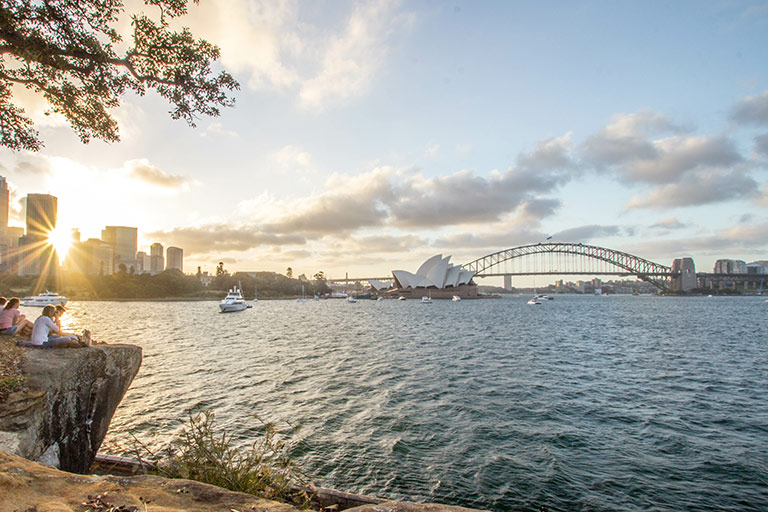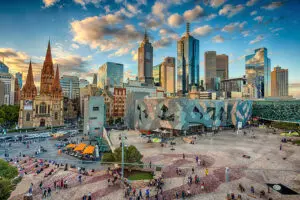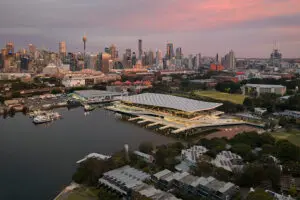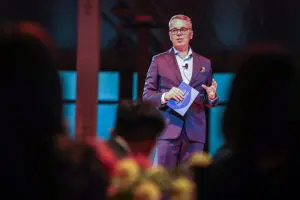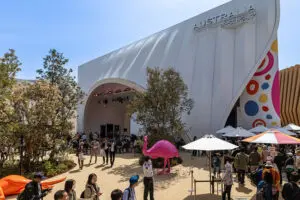The successful bid was a collaboration between Circular Australia, the University of New South Wales (UNSW) and Business Events Sydney.
The 2026 event will be just the second iteration of the meeting in the Asia Pacific, with Taiwan having just wrapped up hosting of the inaugural edition for the region last week.
The event began in the Netherlands in 2016 and has been held in various European cities before expanding to multiple global regions in the last few years. In 2025, Circular Economy Hotspot events are being held in Slovenia, Ethiopia and Mexico, alongside Taiwan.
The Taiwan event last week attracted around 500 delegates from 47 countries.
“Hosting the Asia Pacific Circular Economy Hotspot 2026 in Sydney is a testament to NSW’s leadership in building a resilient, innovative and sustainable economy,” said the state’s premier, Chris Minns.
“Our state’s ambitious Circular Economy Policy and strong partnerships across government, industry and research are accelerating our transition to a low-waste, high-value future. Through Choose Circular, we’re using government procurement as a lever to stimulate innovation and demand for recycled materials.
“We look forward to welcoming leaders to Sydney to share ideas, forge partnerships and drive real progress for our region and the world.”
BESydney’s CEO, Amanda Lampe, said conversations at the Sydney event and the circular economy solutions to be showcased “will position Sydney and Oceania at the forefront of a movement”.
“Transitioning to a circular economy offers great economic and environmental opportunities for business and communities,” said Lampe.
“By rethinking how we produce, consume and regenerate resources it is possible to reduce waste, be more productive and drive sustainable growth and jobs.”
UNSW Scientia Professor Deo Prasad flagged the impact of a strong circular economy on the region.
“A thriving Asia Pacific circular economy will help build a safe, sustainable and prosperous future for all the region, from Asia to Australia and Oceania nations – affected by waste, pollution and climate change,” he said.




